Is Sleep the Reason for the Success of Bill Gates?
4 Recommendations from one of the Richest men on Planet Earth.

In fact, no, not completely, sleep is not the only reason for the success of Bill Gates, there are three other things that Microsoft's first man advises you to be successful. Let's get to know them and take a sleep afterwards, hoping for a better tomorrow .
Things are simpler than you think
Bill Gates returned to give a lecture at Lakeside School in Seattle, which he had graduated from and met his colleague Paul Allen, who was later his partner in founding Microsoft. An audience of 1500 people had come to hear many complex terms and experiences closest to miracles, but Bill Gates surprised them with something simpler. We put in your eyeballs through your Mobile Phone or PC (for the rich) in the form of four recommendations provided by Bill Gates.[1]
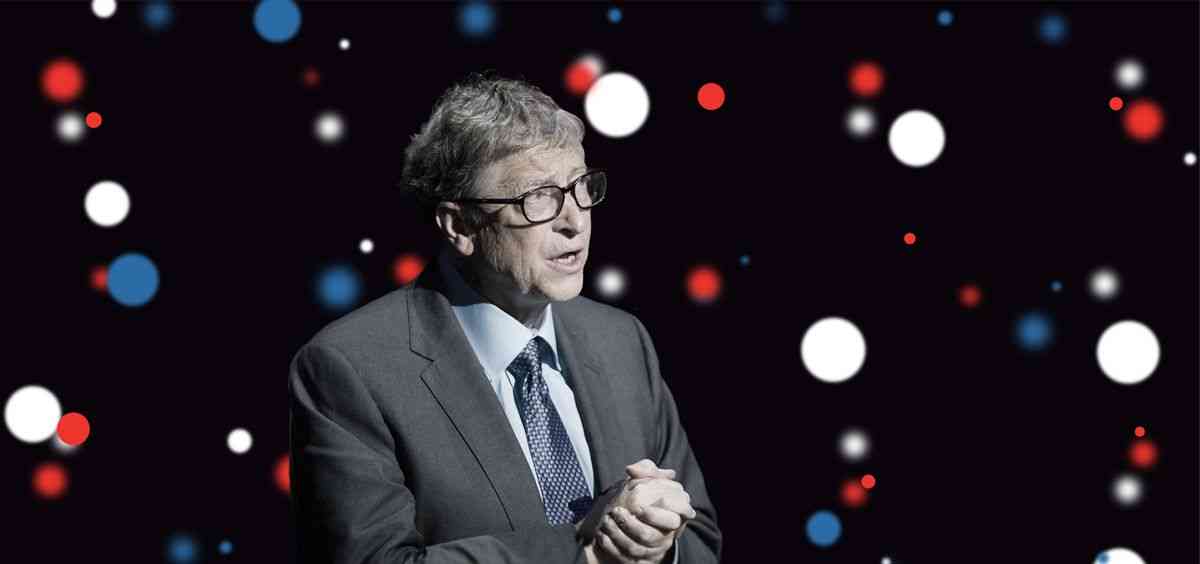
Sleep well
According to "Fortune", Gates said: He was influenced by the book" Why Do We Sleep? " For the English writer and scientist Matthew Walker, this book was the reason that prompted Bill Gates to realize the importance of sleep, according to what he says, but he discovered it recently, at the age of 64, without taking a single vacation until his thirties.[2]
The importance of sleep, as Matthew Walker says, "There is no single process in the human body that has not improved by sleep." In addition, neglecting sleep causes many problems such as heart disease, diabetes, obesity, decreased fertility, weak immune system, and others.
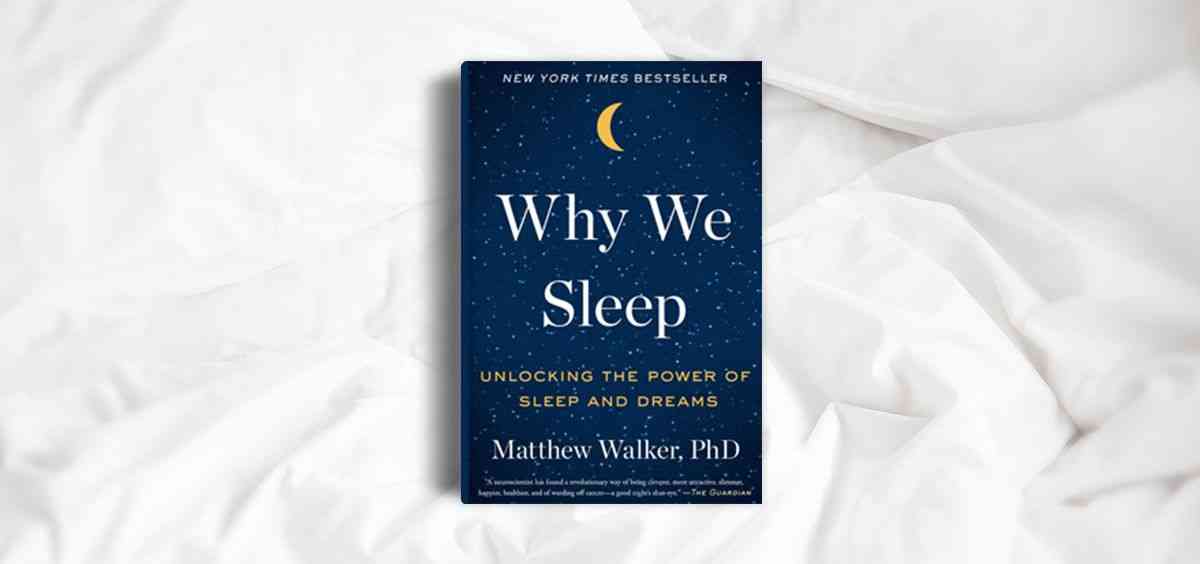
Walker also recommends taking a warm bath and making the room cool and dark while avoiding the blue light from cell phones and tablets, to stimulate melatonin, which helps in speeding up sleep, and he also stressed the commitment to sleep and wake up at a certain time, in addition to exercising and being exposed to the sun for thirty minutes on Less daily. Without consuming caffeine, nicotine, heavy meals and drinking lots of fluids before bed.
Finally, Walker advises you to leave your bed and go to do anything else, if you stay in bed for twenty minutes without being able to sleep.
Read a lot
Bill Gates says, stressing the importance of reading: "In the coming decades, artificial intelligence will move to unforeseen limits, giving priority to a person who enjoys self-confidence as a reader and learner, and who has the desire to continue reading and learning."
It is also advisable to satisfy curiosity "by stimulating knowledge available through books, or through podcasts and lectures available on the Internet."
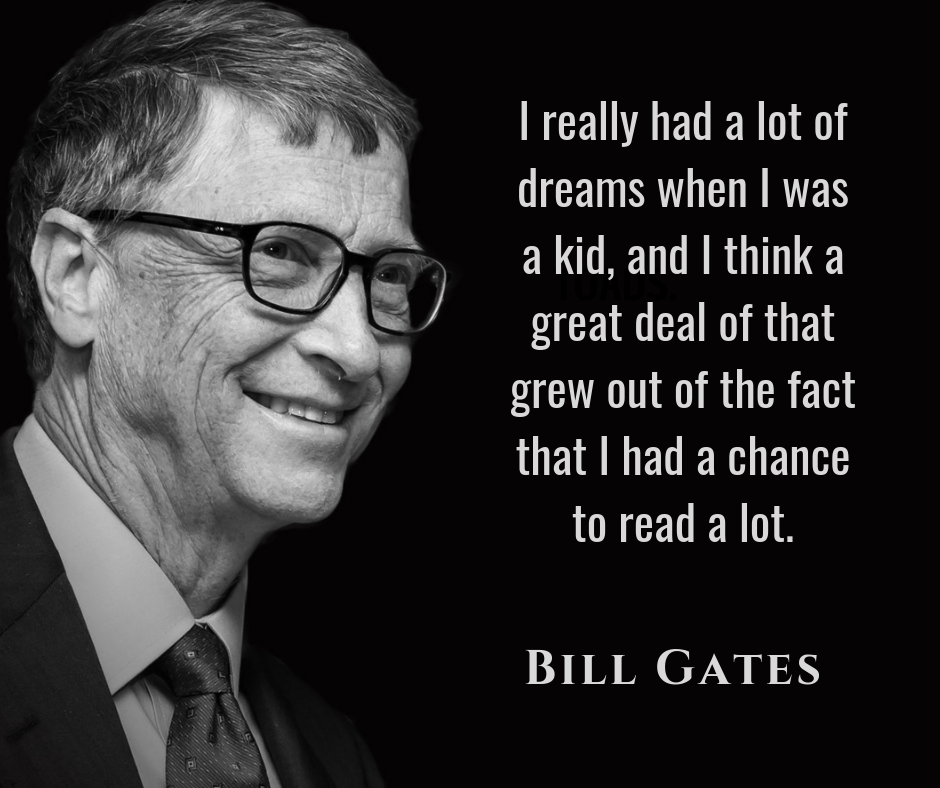
Bill Gates mentioned during his speech that he might read five books if he wanted to form an idea about something and "to always know more than the other person he is talking to." It was this question that prompted him to love research and reading, especially since he prefers isolation and does not communicate much with others.
Finally, reading, as described by Robin Sharma in his book "The Monk Who Sold His Ferrari Car", charges your energies, gives you hope, and shortens the times for you to learn and accomplish a lot with the least effort and in the shortest time.
Learn the art of delegation
When Microsoft began to expand, Gates faced difficulty in giving up his duties, thinking that this might harm the work, and because he loved programming and was fluent in it and did not think about assigning it to others, but that everything developed for the better without Gates' close supervision, and this is because he learned to learn the art of delegation, so he employed many experienced people, while he became "a professional, turning his attention to other areas, and learning new things." Gates believes that "effective delegation stems from recognition of your strengths and weaknesses, and makes you benefit from a lot of other people's experiences." , you save your time and enhance productivity by relying on a set of skills, and allowing the development of new knowledge and competencies, to play all important roles when needed.
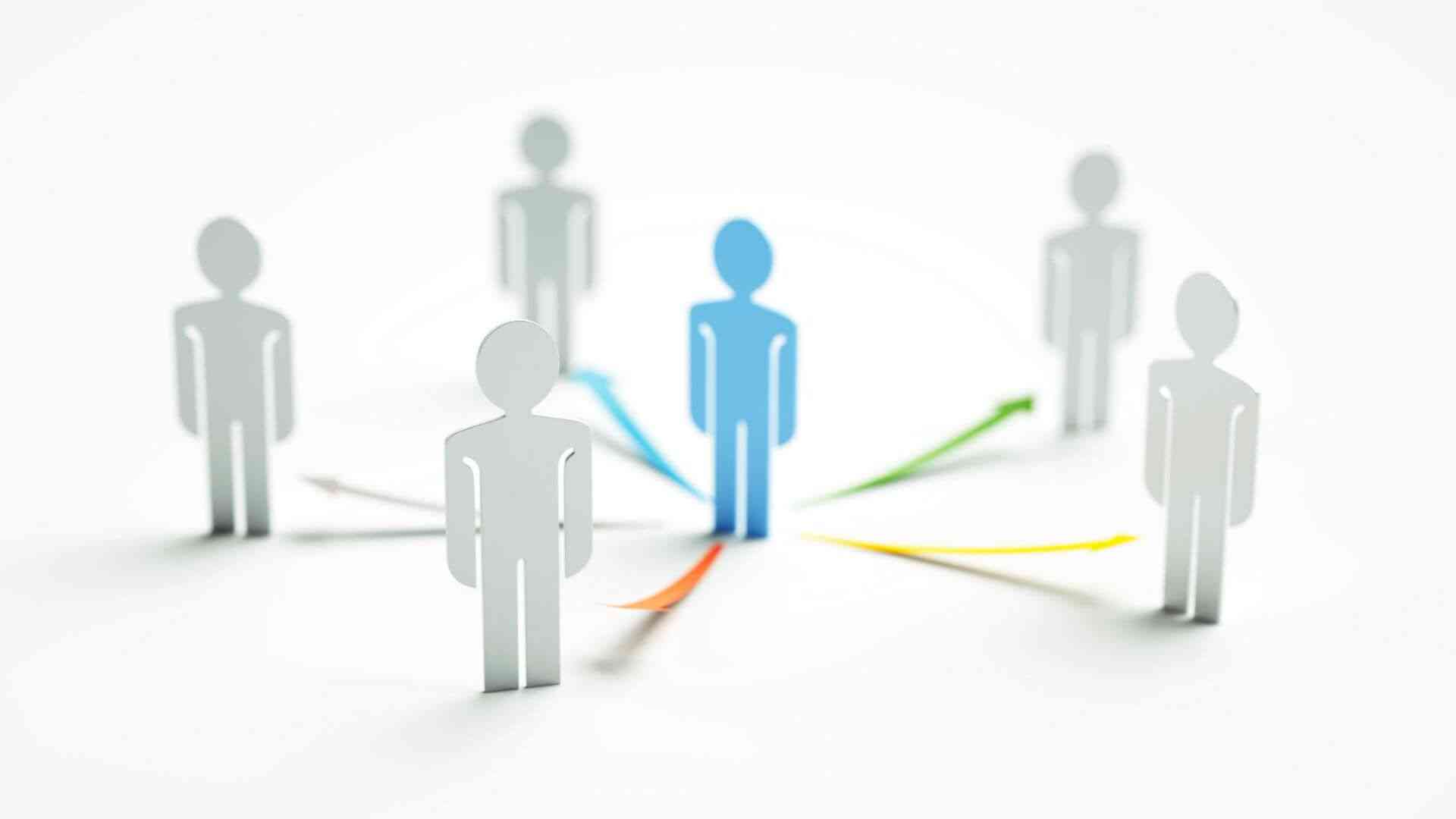
And Microsoft announced in March / March 2020 that Bill Gates will leave his position on the board of directors, to devote himself to charitable work, to be the embodiment of the art of delegation.[3]
Be optimistic about failure
Bill Gates says about this: "It's good to have blinders, but reminding you of your accomplishments many times over can alleviate the temporary failure to continue progressing.", he continues, "Inside Microsoft, all kinds of failures were present, but at the same time there were enough successes that we could afford to go towards risk, so savoring past successes and remembering them in times of failure is a way of future victories."

Martin Seligman, professor of psychology at the University of Pennsylvania and founder of positive psychology, says: "Positive emotions are what make life worth living. Optimists are more likable, do well in all areas, have better immunity, and are less likely to die of cardiovascular disease."
sources:
[1]Cory Stieg (Dec 18 2019) , " In Bill Gates’ Microsoft days, he thought ‘sleeping a lot was lazy’—now he needs 7 hours a night" , retrieved(Oct 12 2020)
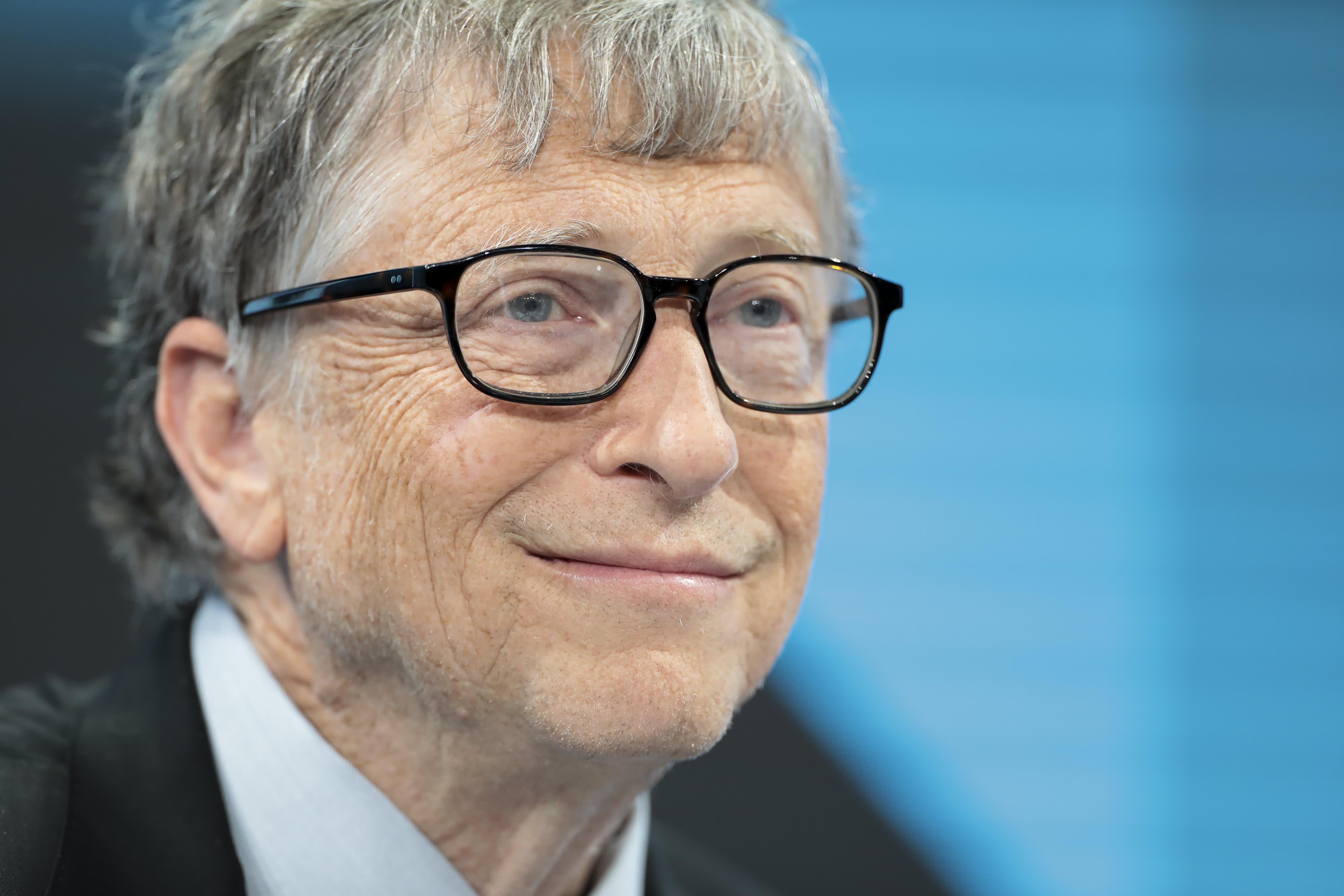
[2]Matthew Walker(Sep 28 2017) , "why we sleep?" , retrieved(Oct 12 2020)

[3]Todd Haselton and Jordan Novet (MAR 13 2020) , "Bill Gates leaves Microsoft board" ,retrieved(Oct 12 2020)


